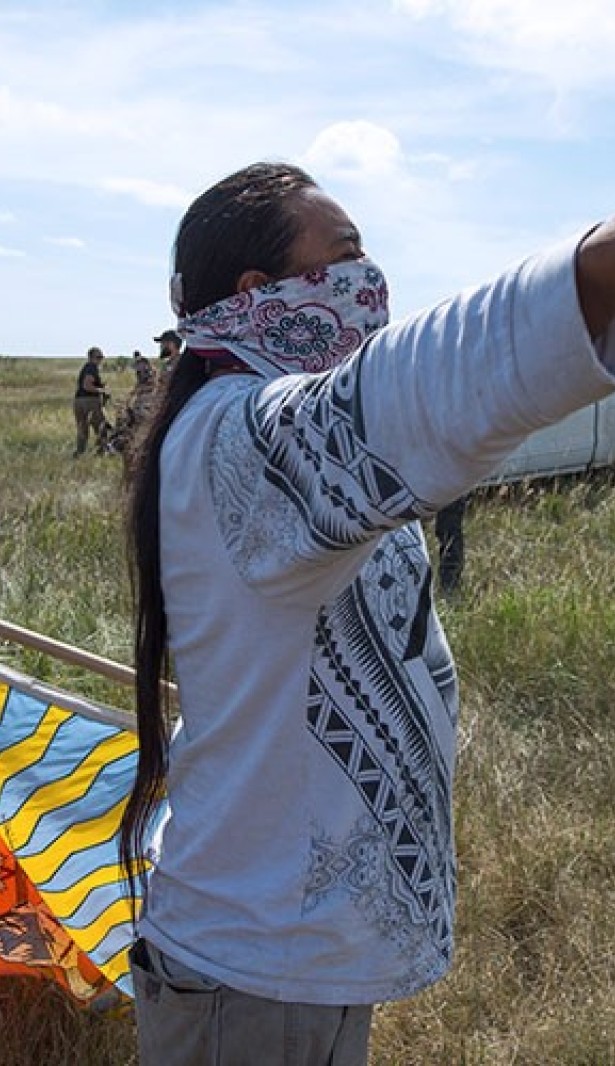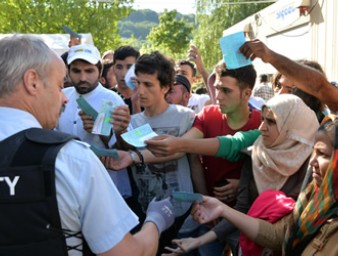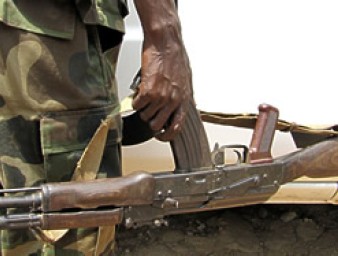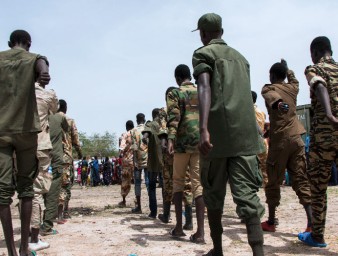Transparency and oversight needed for security arrangements in extractive industries
25 September 2019
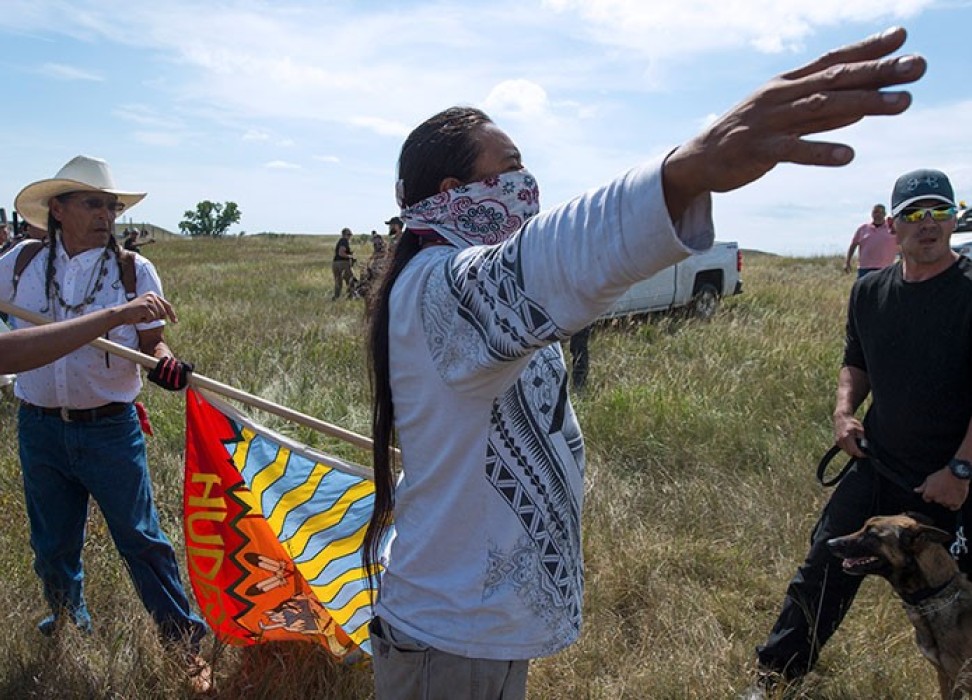
Threats. Excessive use of force. Sexual violence and harassment. Extra-judicial killings. These are just some of the allegations of human rights abuses levelled against private military and security companies working for extractive companies in a report by UN experts.
“Allegations of human rights abuses by private security providers engaged in extractive companies include repression of individuals opposing extractive projects,” said Chris Kwaja, Chairperson of the Working Group on the use of mercenaries. “Indigenous people, environmental and other human rights defenders, women and artisanal miners are at particular risk.”
In its report presented to the Human Rights Council this month, the Working Group highlights the deadly relationship between environmental and land rights defenders and extractive companies, with mining and extractives accounting for the second highest number of deaths, a proportion of those at the hands of private security.
In addition, Kwaja said, very little is done to hold private military and security companies to account for their actions.
“Complex and opaque security arrangements at extractive sites often make it difficult to identify or distinguish one security actor from another, and to ascertain respective roles, responsibilities and reporting lines,” he said.
Effective due diligence by companies is key to prevent potential human rights impacts, said UN High Commissioner for Human Rights Michelle Bachelet. In a speech earlier this year on the responsible extractive supply chains, she urged all sides to remember the humans in human rights.
“We need to keep focusing on the core issue: the dignity and rights of human beings who are affected,” Bachelet said. “A person who lives far from the media spotlight in a traditional community by a river has exactly the same rights as a corporate CEO in a gleaming building.”
The Working Group has called on States to strengthen regulation and oversight of private military and security companies. They also demand that State agreements with extractive companies, including security elements, clearly delineate roles and boundaries with regard to actions and that these agreements are made public.
“Increased transparency regarding security arrangements and the integration of human rights standards into security related contracts and policies would be a step in the right direction,” Kwaja said.
25 September 2019
